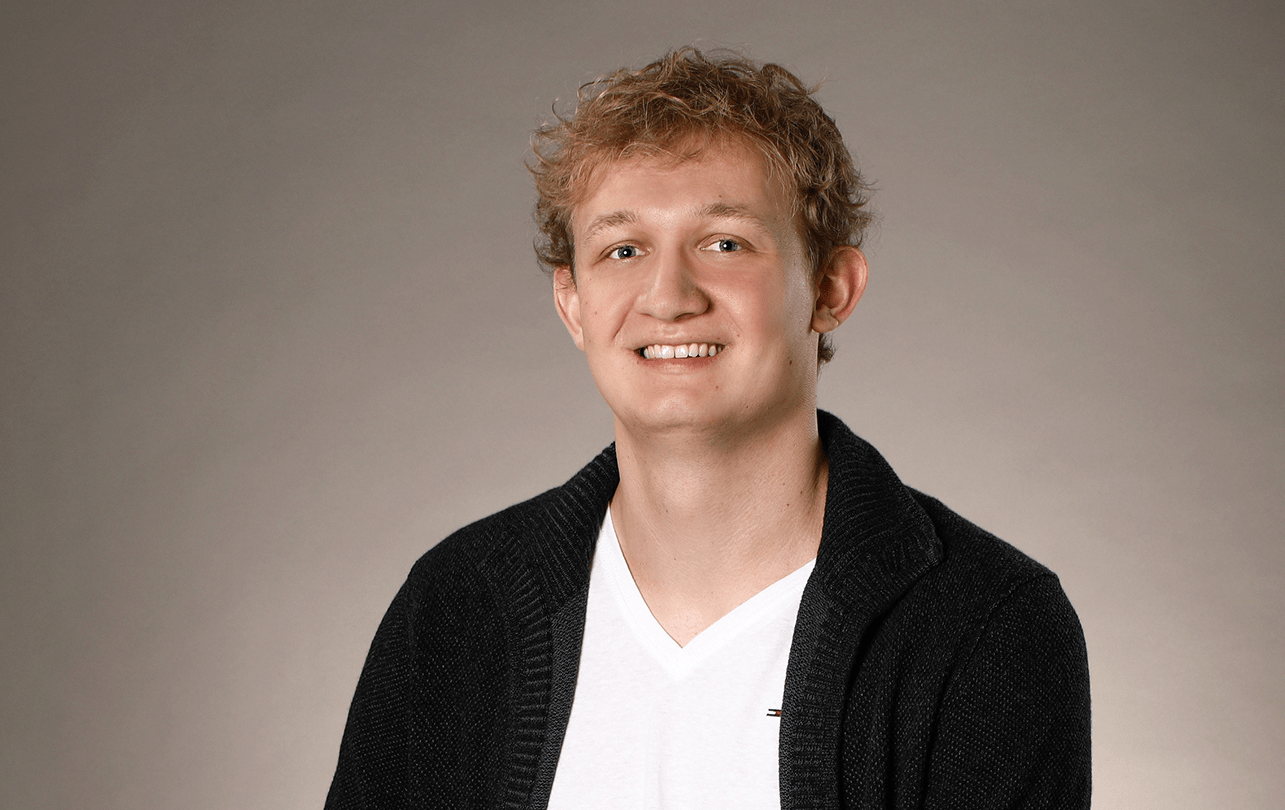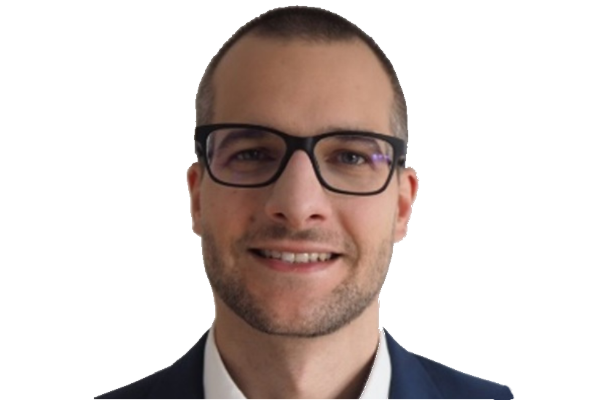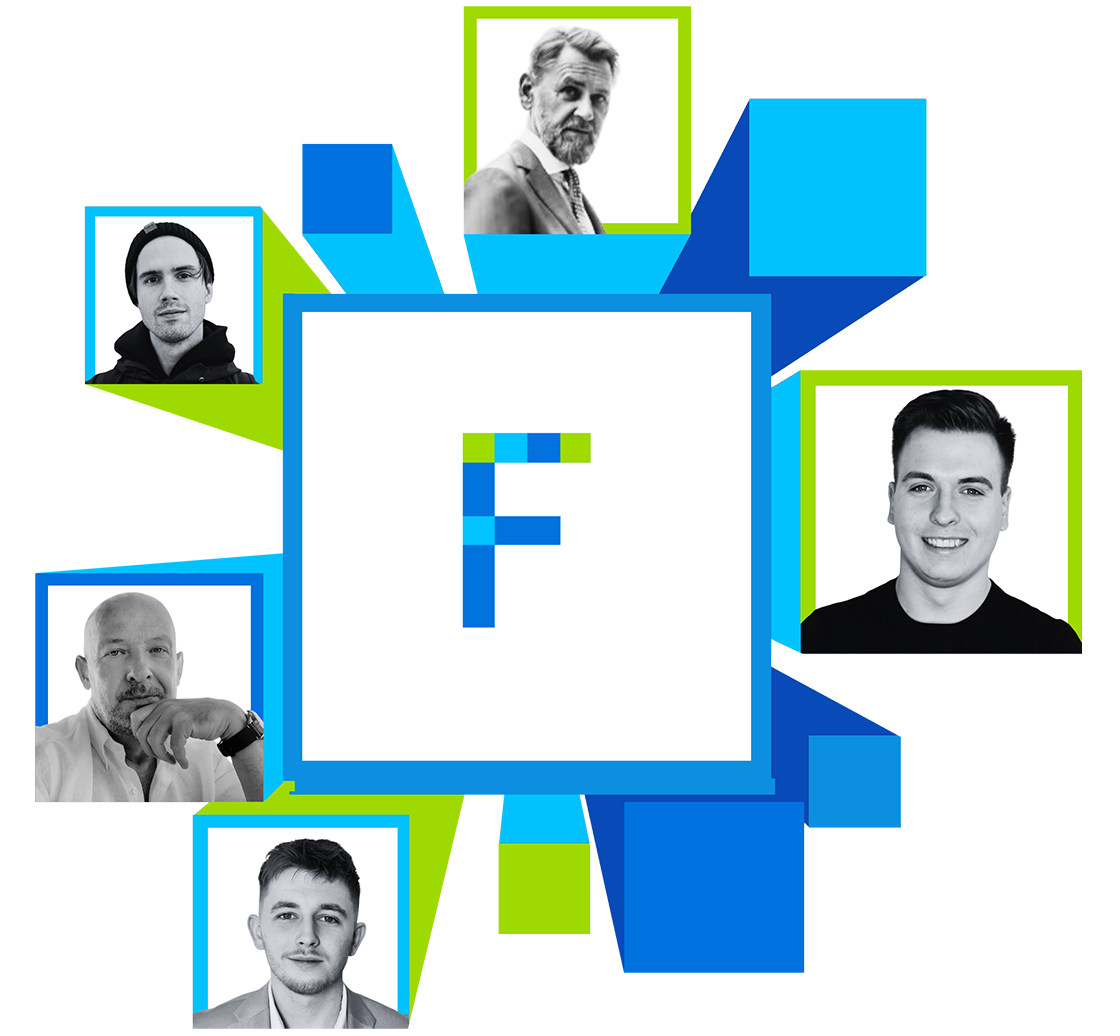Behind Szymon's decision to start working in IT, there was a desire to be among people who would be open to learning, development, and broadening horizons. After a five-year career as a football coach for children and youth, he decided to become a Scrum Master. What are the most difficult moments on the way to a professional change? What advice would he share with those who were before the re-industry? How does he evaluate his decision to enter IT? Read the interview and learn about Simon's story!
What did you do before changing the industry?
Before changing the industry, I was a football coach for children and teenagers, which I have been doing to this day, but with fewer hours. I also worked at school as a physical education teacher. I also had less than a year of working as a customer service specialist in a corporation. Then I started learning on my own to be a Scrum Master. Bootcamp Scrum Master at Future Collars, and after a few months, I found my first job in IT.
Why did you decide to change your job and become a Scrum Master?
Under the influence of the pandemic, I began to wonder what direction I would like to pursue in my career. My environment at that time did not motivate me to develop. I started looking for one in which people - like me - would want to learn new things and develop and broaden their horizons through the exchange of thoughts. Hence the choice of IT - the industry that brings together such people- is growing quickly and needs the best specialists. I knew it would take a little longer to switch to a developer or tester because I would start from scratch. That is why I became interested in working as a Scrum Master, i.e., someone who must have soft skills. I found that my previous experience as a soccer coach was an exciting prospect, and I started learning.
Has the experience from previous jobs helped you to find yourself in your new duties better?
IT is an industry completely different from where I worked before, and the change of sector required a lot of energy and commitment from me. Nevertheless, a characteristic feature of the Scrum Master profession is taking care of and supporting each team member's personal and professional development. I practiced the same in my previous job because, as a football coach, I was supposed to support and guide my students on the right path.
How long did it take you to find a job from the moment you finished your course?
I received my first job offer three weeks after the course. But the company was going through a transformation, and I had to wait three months to start working as a Scrum Master.
How do you remember the few weeks you were looking for a job?
I expected that finding a job would not be easy, so I would submit a few CVs, and all companies would immediately offer me a job. However, after sending many CVs, I expected more specific feedback, at least from some companies. I remember situations where my candidacy was immediately rejected due to inexperience, so I did not even have the opportunity to prove myself during the interview. I understand the specifics of such recruitment, but on the other hand, many talented people who could be implemented appropriately and have soft skills drop out at this stage. I wonder if, in the long run, companies recruiting this way are not making a mistake. But the situation is changing, and the labor market is becoming more beginner-friendly. I was looking at job portals recently and saw a few adverts for junior positions where the experience was not required. When I applied, there were no such offers at all.
Would you have any advice on how to prepare for an interview?
I recommend that people who want to become a Scrum Master become familiar with the basic concepts of the IT industry and its specificity. Already during the first interviews, I noticed that while I was doing well in organizational or Scrum theory aspects, I had some deficits in terms of technical concepts. It is not that the Scrum Master should have a comprehensive understanding of IT, although it is advisable if someone wants to enter a high level in this position after some time. It's essential to understand what the developers, testers, and the entire development team are doing. A person who comes to IT from the outside and has a certain level of knowledge can communicate with the team and has a good influence on it, will find it much easier to agree with them if they understand what the work of individual people is all about.
What was the most difficult for you on the way to your professional change, on the course or at the beginning of a new job?
As a difficult moment, I remember sending dozens of CVs and being refused due to inexperience. I then wondered if I would find a company that would not attach so much importance to experience and looks at other skills. Therefore, I would advise all people who change their branches not to get discouraged after the first failures and to look for a job persistently. The second difficult moment was the collision with the IT industry and what the teams were working on. To find myself faster in my new role, I took the "Practically in IT" course, and I wish I had done it before I started working.
How would you rate the decision to change the industry and how do you like your current job?
Work in which you can help yourself or others should always be assessed as valuable. I have changed into an environment where a lot of people are willing to help each other, learn, develop and exchange views on various topics. In my opinion, our environment is much more important than our profession. The specific energy generated in relationships with other people determines how we can grow as people. And if we grow as people, we also do our job better. I have a lot of people with whom we can do something good and keep it up. Scrum Master is a profession that I will want to do in the coming years, and I assess the decision to change the industry positively.
What advice would you give to people before the changeover?
I recommend to anyone looking to start learning, not to stop at just bootcamp. During the course, I was in regular contact with the mentor Iza, who I asked about books, materials, and articles to deepen my knowledge constantly. The practical part of the Bootcamp, where we went through the entire scrum process, was precious. But I think if someone wants to change, they must also make an effort to learn on their own. We will learn a lot during the course, but you also need to add your brick.
What was it like to learn everything over and over again?
It is very important to have basic knowledge of pedagogy, i.e., learning about how we should know or find a good teacher. A few years ago, I became interested in various humanities, such as philosophy, psychology, pedagogy, and sociology. My curiosity about the world grew as I learned different things, mainly by reading books. The first book I read while studying Scrum on my own that I would recommend to anyone is “Scrum. In agile project management ”by Mariusz Chrapko. The combination of my curiosity about the world with a fantastic presentation of Scrum by the author made me curious and want to gain more and more knowledge on this subject.
Was the course enough to feel confident in your new responsibilities and find a job in your new profession?
I remember a sentence from the book "Agile Teams Coaching", in which the author, with many years of experience in the role of Scrum Master and Agile Coach, says that Scrum Master is 60% being and 40% acting. I believe that is the basis. Let's look at Scrum Masters primarily in terms of personality - is it a person who can support, inspire, interest, and care for communication between them? Learning Scrum itself is essential, but not like the personality of a person who wants to change industries. The practical layer of the Bootcamp was useful and laid the groundwork, as it showed the process through which a scrum team goes from start to finish. But I encourage you to deepen your knowledge beyond the course - I read about 20 books on Scrum before my first job.






